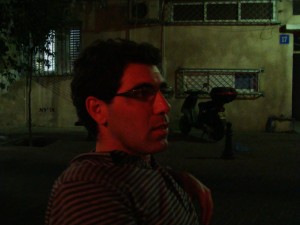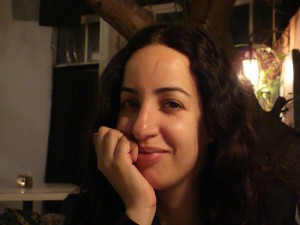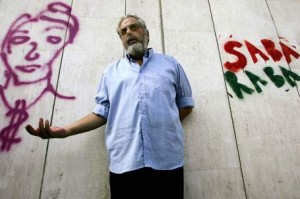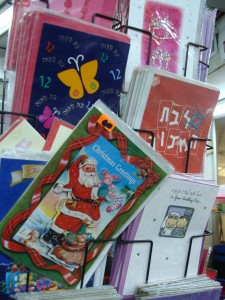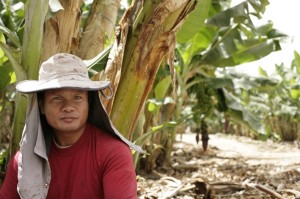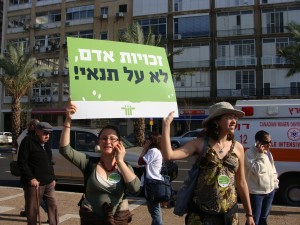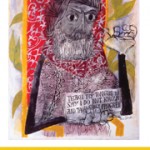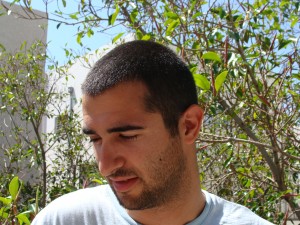
Mondoweiss, December 29, 2009
This is the second installation in a seven-part series. See Mondoweiss for details.
Urban planner and activist Jesse Fox is less encouraged by some of the changes he sees in Israel’s cities. He points to the growing rifts in Jerusalem as a dark harbinger for the country’s future, “The Arabs are excluded. The Orthodox and the secular wrestle each other for control… I’m concerned Israel will devolve into tribal warfare, like Lebanon.”
Fox also sees trouble in less obvious places, like the gated communities in Herzliya Petuach. “It’s a trend towards creating bubbles,” he remarks.
Though it seems like Israelis who depart the so-called bubble of Tel Aviv for nearby Yafo are moving towards integration, Fox, 27, resident of Yafo and student of Arabic, says, “The rich people who come shut themselves in. They are aliens to both the Arabs and the poor Jews that live in Yafo. Gentrification isn’t coexistence… it’s a continuation of a war for territory.”
But there is a bright spot in Tel Aviv-Yafo. “Look at Ir LeKulanu,” Fox says, referring to the local political party City for All. “A year ago, they were agitating against developers. Now they’re on the city council.”
Fox calls Ir LeKulanu a “red-green movement.” While Ir LeKulanu bills itself as an “urban non-party group,” not as a communist party, it does seek to move the city out of developers’ hands and deliver it back to the people.
And in tackling issues related to development—such as sprawl, increasing dependence on cars, and the resulting pollution—Ir LeKulanu naturally addresses environmental concerns. This focus, Fox says, is the way to achieve “sustainability in a Zionist context.”
And this new vision is slowly catching on, according to Fox, “The planning institutions in Israel are trying to move away from building the American/Israeli dream – single family, suburban homes with lawns and driveways – and toward denser, more compact cities, and that’s positive.”
Fox, who immigrated to Israel from the United States nearly a decade ago, explains that his vision of Zionism is an Israel that is deeply integrated into the Middle East—via culture and resources. “The way forward for the whole region is through joint environmental action,” he comments. “We need to think about resources or in ten years we won’t have anything… We need to share water with the Palestinians and our other neighbors.”
Friends of the Earth Middle East, an organization comprised of Israeli, Palestinian, and Jordanian environmental activists is, Fox says, a spearhead for sustaining the region’s environment and fostering peace. FoEME’s cross border projects help both sides to “see that the people on the other side of the border exist… What this organization is doing is profound.”
This series was printed in its entirety in the Fall 2009 print edition of Zeek, Israelology, which was distributed to J-Street conference attendees.
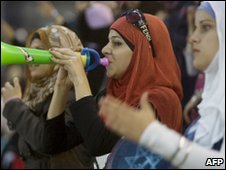 Maan News Agency, December 31, 2009
Maan News Agency, December 31, 2009